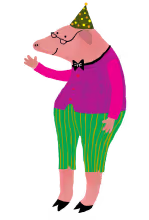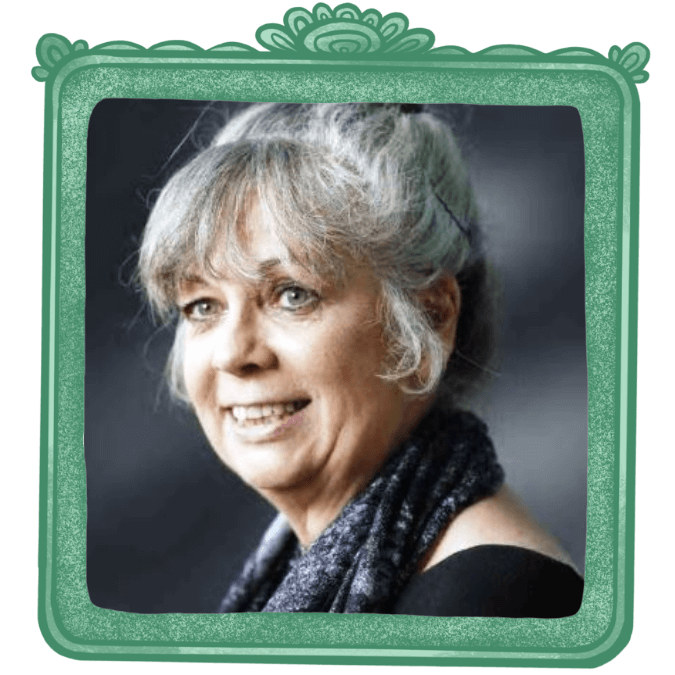
Anni Mctavish
Author And Trainer
Anni began working with young children in a parent-run cooperative playgroup in the late 1980s. She went on to lead and manage the group, and since then has worked across the UK and Europe as a trainer, presenter, consultant and writer.
Specialising in the arts and creativity, with an emphasis on personal, social and emotional development, she works on a variety of projects and is an Associate of Early Education. Her background in the arts, education and psychotherapy gives her a unique perspective and her approach is to inspire, inform and help practitioners identify strengths as well as areas to develop.
Key takeaways:
- Annie Pendrey’s Background: An early education trainer, author of numerous books, and hands-on practitioner who works directly with children in schools, Pendrey specializes in arts, creativity, and Personal, Social, and Emotional Development (PSED), with a focus on STEAM (Science, Technology, Engineering, Arts, and Mathematics).
- STEAM Philosophy: STEAM is an integrated learning approach combining science, technology, engineering, arts, and mathematics, emphasizing their interconnectedness rather than treating them as separate subjects, aligning with early years’ core principles of play-based, child-led learning.
- Importance of STEAM: Pendrey highlights STEAM’s role in addressing the growing skills gap in rapidly changing technological and creative fields, fostering essential skills for problem-solving and innovation, critical for future careers and tackling global challenges, as noted in the Haringey STEM Commission report.
- Practical STEAM Examples: Examples include a toddler experimenting with speed on a slope, spinning bike wheels with balls, and children building bridges inspired by a local landmark, showcasing curiosity, risk-taking, and collaborative problem-solving through play.
- Role of Stories in STEAM: Stories, like those in Tales Toolkit, provide structure for creative exploration, enhance vocabulary (including scientific terms), and support computational thinking by breaking tasks into manageable steps, fostering a safe space for children to take risks and innovate.
- Arts and Creativity: Pendrey emphasizes arts as a way of thinking and innovating, exemplified by projects like spinning paint on a tabletop to explore force, encouraging children to envision possibilities and embrace “positive failure” for learning.
- Encouraging Curiosity and Resilience: STEAM activities promote characteristics of effective learning, such as deep engagement and positive dispositions, by allowing children to struggle productively, make mistakes, and find solutions, as seen in activities like moving a heavy sink or transporting a watermelon.
- Resources and Recommendations: Pendrey suggests books like *Rosie Revere, Engineer*, *Ada Twist, Scientist*, *Violet the Pilot*, *Beautiful Oops*, *You Choose*, and *If* to inspire STEAM themes, alongside open-ended resources like discovery bottles, natural materials, and simple tools to spark inquiry and creativity.
Related Webinars

We'd love your feedback!
Did you love it or hate it? And what ideas have you got for upcoming webinars - big names you'd love to see or topics you'd like covered?

.avif)









